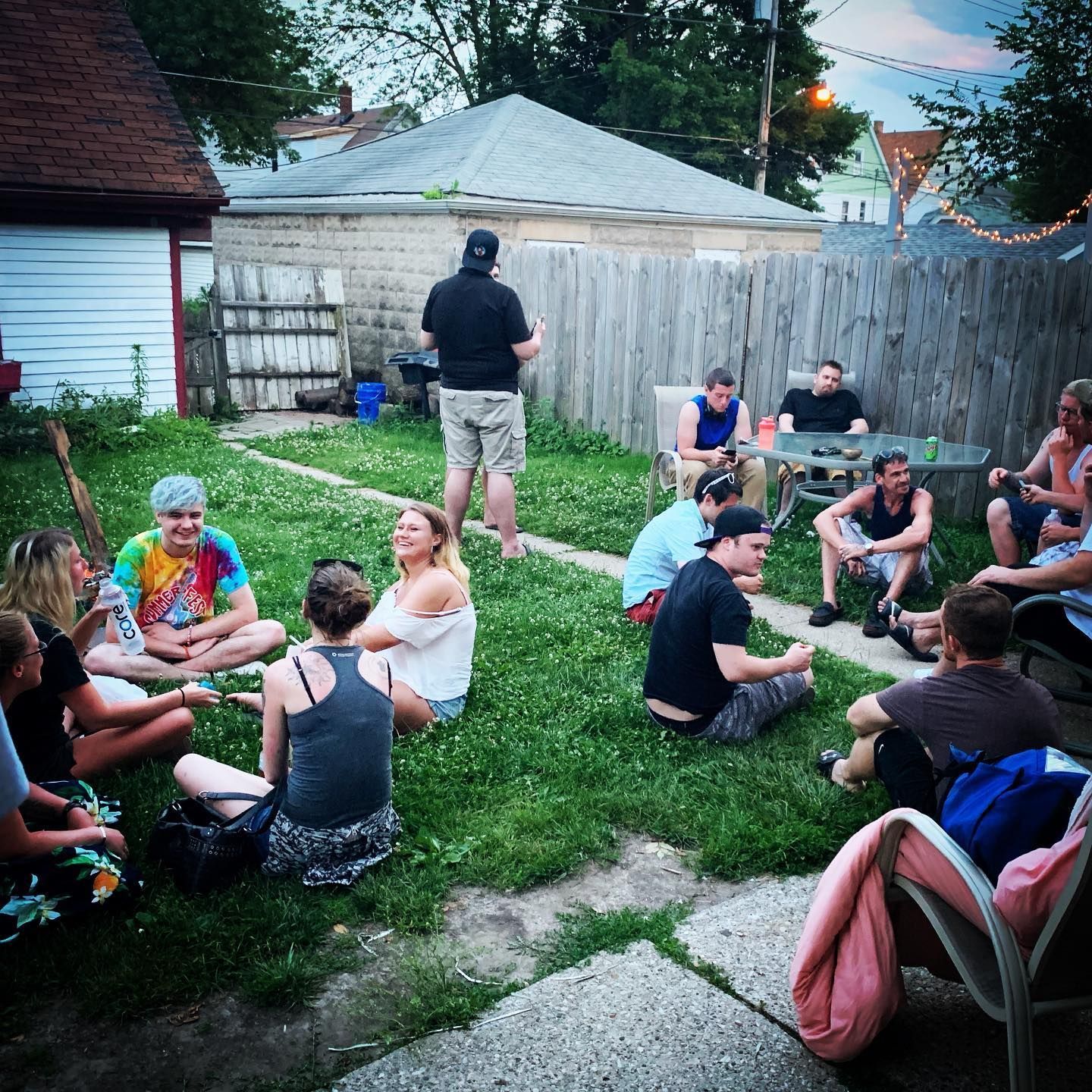Insights Into Addiction and Treatment Across the U.S.
August 1, 2025

Addiction is a pervasive issue that affects individuals from all walks of life in the United States. With its roots entangled in various socio-economic, cultural, and personal factors, the struggle against substance abuse and the quest for effective addiction treatment options are ever-present challenges. As we delve into understanding addiction across different demographics within the U.S., it becomes crucial to recognize patterns, highlight hurdles, and spotlight recovery opportunities that can potentially transform lives.
Highlighting Addiction’s Toll on Young Adults
One of the stark realities of addiction is its significant effect on young adults. This demographic often encounters peer pressure, academic stress, and the turbulent transition into adulthood, which can make them susceptible to substance use. Statistics show that college-aged individuals are particularly vulnerable, with a considerable number experimenting with drugs or alcohol during their formative years. Understanding the pressures and social dynamics they face can be key to developing prevention strategies targeted at reducing substance abuse within this group.
Addressing Substance Use Among the Elderly Population
While young adults face their own challenges with addiction, the elderly population is also significantly impacted, often overlooked in discussions about substance use. According to American Addiction Centers, more than 4.6 million elderly American adults age 65 or older (8%) struggled with past-year substance use disorder. This alarming figure underscores the need for increased awareness and specialized treatment programs tailored to the unique needs of the elderly, who may be dealing with loneliness, chronic pain, or grief as contributing factors to their substance use.
Overcoming Barriers to Recovery in Minority Communities
The ripple effects of addiction are also evident within minority communities, where cultural stigmas and limited access to healthcare services can exacerbate the issue. These communities often face systemic barriers to treatment, resulting in a disproportionate rate of addiction and lower success in recovery. Culturally competent care, funding for community health initiatives, and policy changes are essential steps toward ensuring that these groups have the support and resources they urgently need.
Addressing addiction abuse in the U.S. requires a multifaceted approach that considers the unique challenges of diverse groups. Effective addiction treatment depends on understanding these specific needs to create tailored prevention and recovery strategies. Through collaborative efforts, we can work toward a future where everyone has access to the support needed to overcome addiction and rebuild their lives. If you or someone you know is struggling with addiction, contact 4th Dimension Recovery Centers for help.



